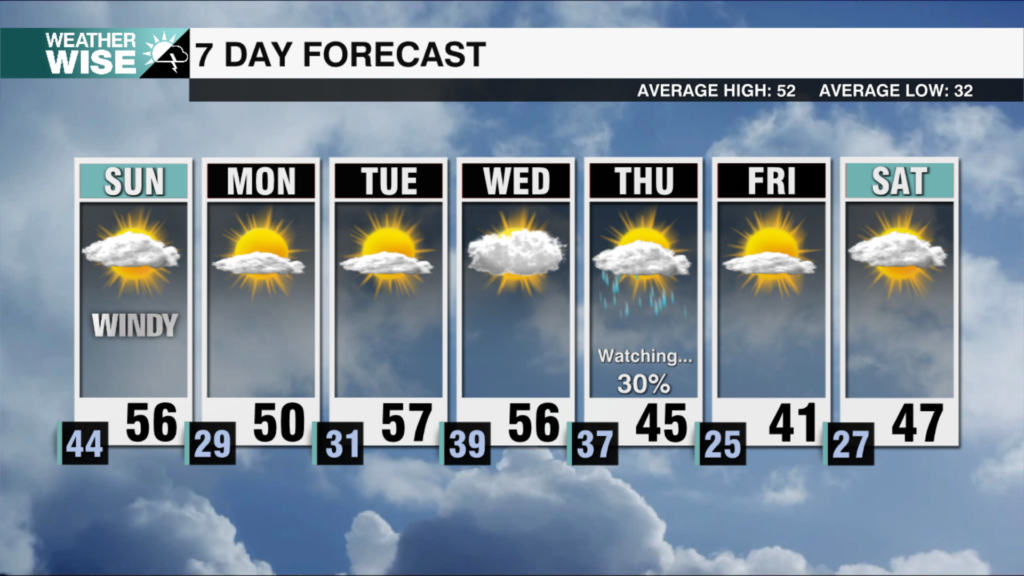WASHINGTON (AP) — President Donald Trump on Friday floated cutting tariffs on China from 145% to 80% ahead of a weekend meeting among top U.S. and Chinese trade officials as he looks to deescalate the trade war between the world’s two largest economies.
Top U.S. officials are set to meet with a high-level Chinese delegation in Switzerland in the first major talks between the nations since Trump sparked a trade war with stiff tariffs on imports.
“80% Tariff on China seems right! Up to Scott B,” Trump wrote on his social media account on Friday morning, referring to Scott Bessent, his Treasury chief, who has been a point person on trade. The Republican president also called on China to open its markets to the U.S., writing: “WOULD BE SO GOOD FOR THEM!!! CLOSED MARKETS DON’T WORK ANYMORE!!!”
Bessent and U.S. Trade Representative Jamieson Greer will meet Chinese Vice Premier He Lifeng in Geneva in the most-senior known conversations between the two countries in months, according to announcements this week by the Trump administration and the Chinese commerce ministry. It comes amid growing U.S. market worry over the impact of the tariffs on the prices and supply of consumer goods.
No country has been hit harder by Trump’s trade war than China, the world’s biggest exporter and second largest economy. When Trump announced his “Liberation Day” tariffs on April 2, China retaliated with tariffs of its own, a move that Trump viewed as demonstrating a lack of respect. The tariffs on each other’s goods have been mounting since then, with the U.S. tariffs against China now at 145% and China tariffs on the U.S. at 125%.
The U.S. tariff includes a 20% rate tied to Trump’s claim that Beijing has failed to stem the flow of chemicals used to manufacture fentanyl, and this portion of the tariff is unlikely to be brought up in this weekend’s talks.
While an 80% tariff level on Chinese goods would represent a significant reduction from the current 145%, it would still be an extremely high import duty that could create supply chain problems and push up prices.




